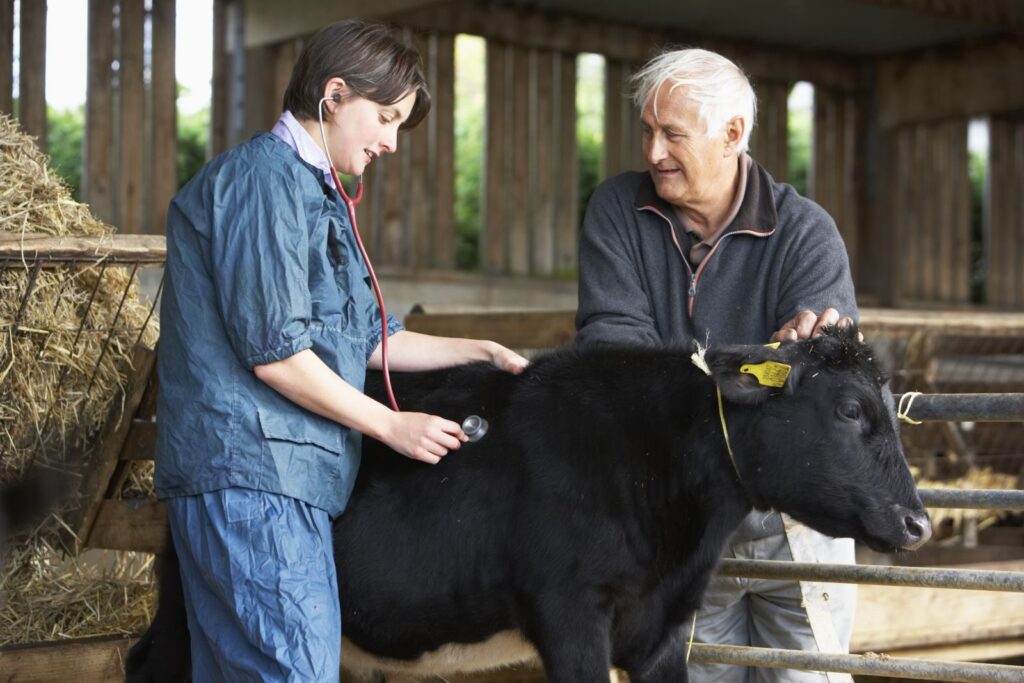Livestock farmers will soon need vet signed declarations to export to EU
11th July 2023
From 13th December 2023, UK livestock farmers who are not members of an approved farm assurance scheme will need to provide a veterinary attestation following an annual farm visit in order to be able to export animal products to the EU.
With 72% of all meat produced in Britain destined for the EU, this upcoming change will affect the vast majority of livestock farmers in the UK.
The new requirement follows a change to EU animal health regulations mandating farms that produce animals or products of animal origin (POAO) for export to have regular veterinary visits.
To obtain a signed declaration, farmers must undergo an annual animal health check conducted by a qualified veterinarian. During the visit, the vet will be required to carry out a visual assessment to confirm the farm is free of notifiable diseases. This new procedure will replace the previous temporary requirement for a farmer declaration.
The health check should take place at least once in a 12-month period. If the visiting vet considers a need for a subsequent visit before the 12-month mark, this information will be communicated to farmers and clearly stated in the declaration.
Farmers who are part of an approved farm assurance scheme already meet the requirement for a veterinary visit. Currently approved schemes include: Red Tractor, Quality Meat Scotland (QMS), Farm Assured Welsh Livestock Beef and Lamb Scheme (FAWL) and Welsh Lamb and Beef Producers Ltd (WLBP).
Moreover, an annual health and welfare review carried out as part of the Animal Health and Welfare Pathway will also fulfil the requirements for obtaining a declaration. In this case, farmers will need to retain the receipt from the visit as evidence for the official vet to approve goods for export.
Digital solutions are currently being developed for transferring these new veterinary attestations through the supply chain and are being endorsed by various stakeholders, with more details to follow in due course.
Dr Phil Hadley, AHDB’s international trade development director, commented: “A large part of AHDB’s work concerns securing market access and international trade opportunities on behalf of levy payers, in partnership with the UK government and industry.
“The organisation’s role includes supporting farmers with their export health certification, and with UK meat exports continuing to climb we’re focussing on the future to identify new markets for our exporters, ensuring UK meat is enjoyed in more countries around the world.”

